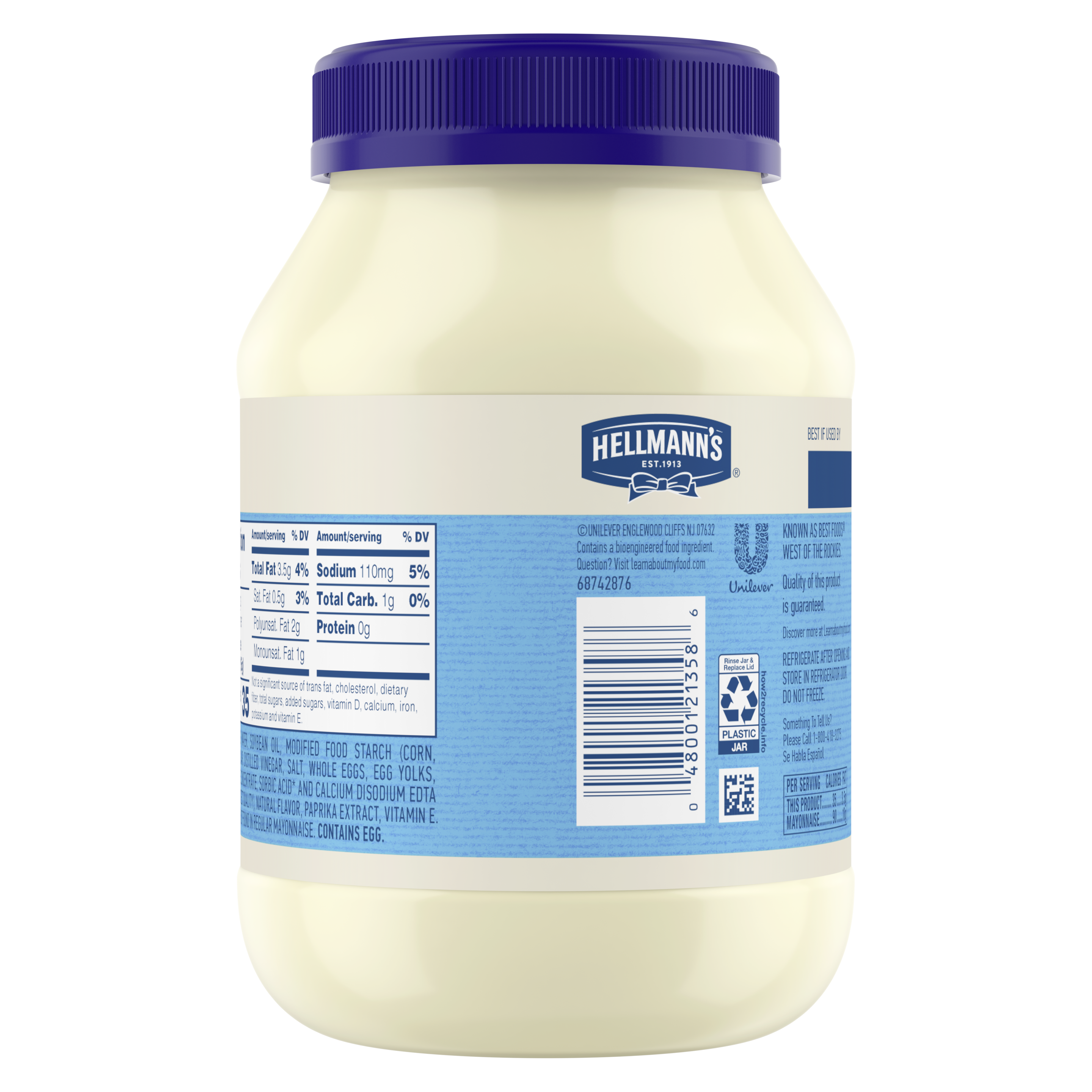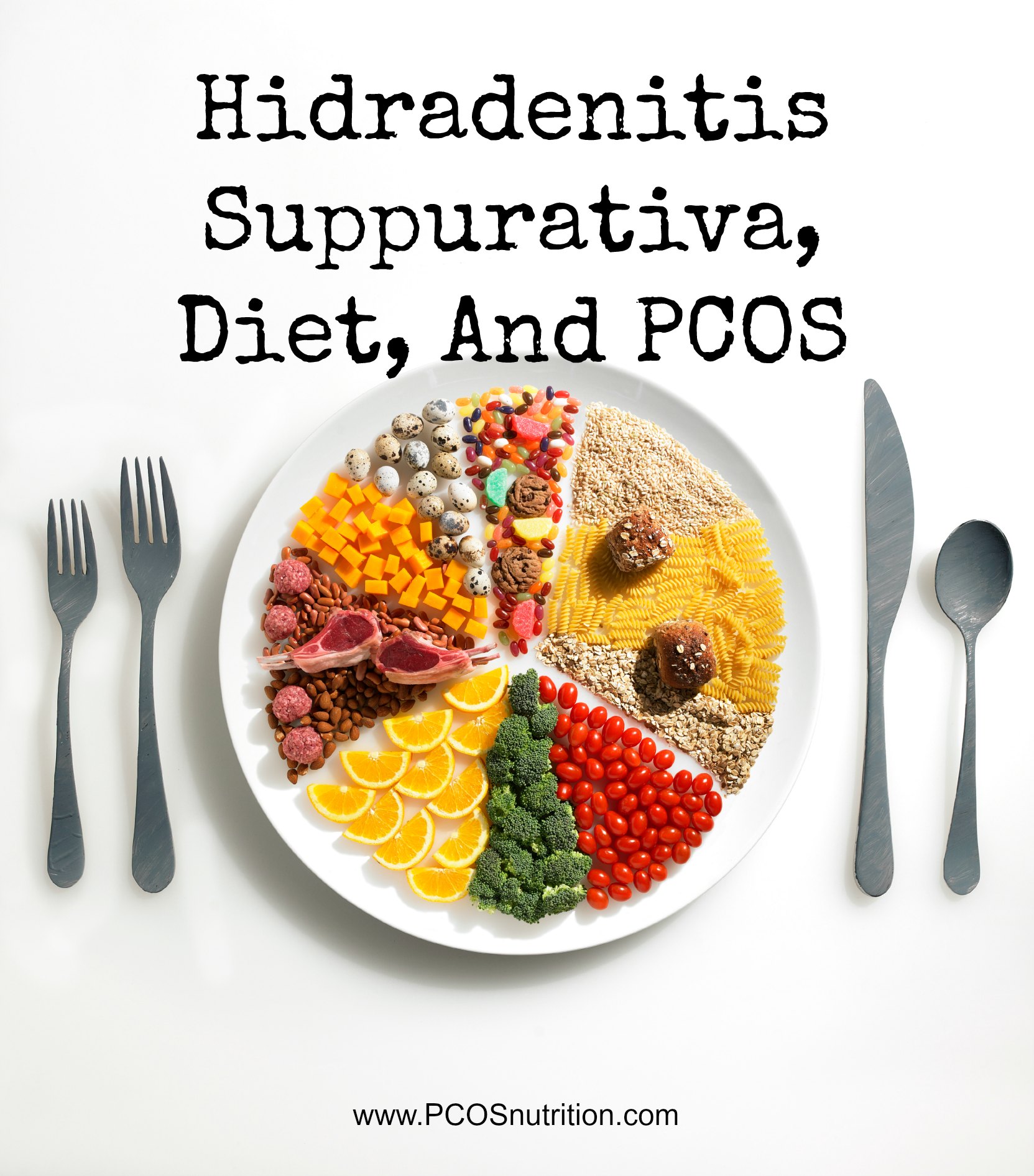Comprehensive Guide to Marine Iguana Diet for 2025
The marine iguana (Amblyrhynchus cristatus) is a unique reptile endemic to the Galápagos Islands, renowned for its distinctive adaptations that allow it to thrive in a marine environment. Understanding the marine iguana diet is crucial for both conservation efforts and the proper care of these fascinating creatures. This guide delves into the various aspects of the marine iguana feeding habits, highlighting their nutritional requirements, food sources, and the impact of environmental changes on their diet.
As a primarily herbivorous reptile, the marine iguana nutritional needs are centered around algae and other aquatic plants. Their survival hinges not only on the availability of these food sources but also on their feeding strategies and ecological roles. By exploring the intricate details of their dietary patterns, we can gain insight into how these reptiles adapt to their surroundings and ensure their continued existence in the wild.
This article comprises detailed sections on the types of food for marine iguanas, their natural diet, foraging behavior, and feeding in captivity. Additionally, it addresses how seasonal fluctuations and environmental changes can influence their diet. Ultimately, readers will obtain a holistic understanding of the marine iguana’s dietary needs and behaviors, which is essential for both wildlife enthusiasts and caretakers alike.
Key takeaways include the importance of algae in the marine iguana's diet, implications of seasonal diet changes, and practical advice for feeding them in captivity. With this foundational knowledge, let’s explore the fascinating world of marine iguanas and their diet.
Understanding Marine Iguana Feeding Habits
Building on the introductory overview, it is fundamental to delve deeper into the marine iguana feeding habits. The diet of marine iguanas is primarily herbivorous, focusing mainly on different types of algae found in their natural habitat. This section will cover the specific types of algae and their nutritional compositions, along with the overall ecological significance of these dietary choices.
Types of Food for Marine Iguanas
Marine iguanas have a specific set of dietary preferences, primarily consisting of algae and other marine vegetation. The common types of algae they consume include green, red, and brown algae, each offering varying levels of essential nutrients. For instance, the green algae (Chlorophyta) is known to be a favorite due to its high nutritional value, while other types provide diverse nutrients necessary for the iguanas’ survival.
Moreover, these iguanas have developed specialized adaptations in their digestive systems to efficiently process marine plant material. This adaptation allows them to extract maximum nutritional benefits from their food sources, contributing to their overall health and vitality.
Marine Iguana Algae Consumption
One of the most crucial aspects of the marine iguana diet is their reliance on algae. In various studies, it has been observed that marine iguanas primarily feed on intertidal algae during low tide when they are easily accessible. The abundance of specific algal types can sometimes vary due to changes in climate, which can impact the iguana's availability of food.
The consumption of algae plays a vital role in the energy balance of marine iguanas; it directly influences their reproductive success, weight gain, and overall health. Understanding their algal preferences can help in ensuring they receive the necessary nutrients for optimal growth and reproductive success.
Marine Iguana Foraging Behavior
Foraging behavior in marine iguanas is closely tied to environmental conditions and food availability. When engaging in foraging, iguanas exhibit selective grazing behaviors, often preferring younger and more nutritious algae strands. These habits also reflect ecological competition with other herbivorous species in their habitat. The efficiency of their foraging strategies correlates directly with their overall health and can vary seasonally, particularly during the breeding seasons.
Furthermore, the adaptability in their foraging techniques allows marine iguanas to thrive even in changing ecosystems, although it can lead to food competition during times of scarcity. Understanding these behavioral dynamics is essential for improving conservation strategies and ensuring a stable ecosystem for these unique reptiles.
Marine Iguana Dietary Needs and Health
With these basics established, it becomes imperative to look at the marine iguana dietary needs and how these correlate with their health and well-being. A balanced diet is necessary not only for growth but also for maintaining ideal body weight and supporting reproductive functions.
Marine Iguana Nutritional Balance
A well-rounded diet composed of various algal species ensures that marine iguanas receive a comprehensive nutrient profile—vitamins, minerals, and essential fatty acids. This nutritional balance is essential for maintaining their energy levels, immune responses, and overall vitality.
In captivity, it's essential that caretakers replicate this dietary balance as closely as possible. Knowledge of marine iguana dietary restrictions allows for a better understanding of their health concerns and how deficiencies may arise, leading to health issues such as metabolic bone disease or other complications.
Feeding Marine Iguanas in Captivity
Understanding the marine iguana eating habits is pivotal for those seeking to keep them as pets in captivity. It is essential to provide a varied diet that mimics their natural feeding behaviors. This might involve offering different algae types and ensuring it is fresh and free from contaminants that could harm their digestive systems.
In captivity, regular monitoring of their food intake, eating frequency, and health will ensure they thrive. Proper education about their natural foraging behavior enhances husbandry, ensuring that their dietary needs are met, promoting overall health and longevity.
Marine Iguana Seasonal Diet Changes
The seasonal diet of marine iguanas is noteworthy, as it varies significantly depending on environmental conditions. During certain times of the year, food availability may fluctuate due to climatic shifts that impact algal growth. Understanding these patterns can help in predicting potential food shortages and implementing protective measures for their survival.
Research indicates that marine iguanas may shift their dietary preferences based on environmental cues, adapting their feeding strategies to suit available resources. By recognizing these changes, conservation efforts can be effectively tailored to mitigate the impacts of food scarcity on marine iguana populations.
Marine Iguana Ecological Role and Food Sources
Taking this concept further, it is also crucial to discuss the ecological role marine iguanas play in their habitat as well as the broader implications of their feeding strategies on the ecosystem. Their survival is not only integral to their species but also impacts the health of marine and coastal environments in which they thrive.
Marine Iguana Ecological Significance
Marine iguanas contribute significantly to the marine ecosystem, particularly through their grazing habits which help control algal populations. This browsing behavior has implications for nutrient cycling and energy flow within their habitats, ultimately supporting a range of marine life. Additionally, as primarily herbivores, they form a vital part of the food web, serving as prey for various predators.
Their ecological presence underscores the need to maintain healthy populations to ensure ecosystem balance. Conservation strategies focusing on preserving marine iguana habitats are vital for sustaining algal availability, benefiting both the iguanas and the broader marine ecosystem.
Marine Iguana Feeding Ecology Studies
To further understand how marine iguanas interact with their environment, numerous marine iguana feeding ecology studies have been conducted. These studies reveal insights into their foraging efficiency, food handling techniques, and how they influence their surrounding ecology. For instance, understanding their dietary preferences and competition can help identify conservation needs in fluctuating habitats due to climate change or human activity.
Marine Iguana Food Resource Management
Effective management of food resources is crucial for sustaining healthy marine iguana populations. Approaches to assess and mitigate the effects of dietary shortages include protecting key algal habitats and implementing sustainable tourism practices to minimize human disturbances. By promoting conservation initiatives targeted at preserving algal growth and habitat quality, we can enhance marine iguana survival and the overall health of their ecosystems.
Conclusion and Future Perspectives
In conclusion, understanding the marine iguana diet is essential not only for the well-being of the species but also for the preservation of the unique ecosystems they inhabit. As caretakers and conservationists, it is our responsibility to be informed about their dietary needs, feeding habits, and the ecological implications of their diets. Through continuous research and proactive conservation strategies, we can ensure that these remarkable reptiles continue to flourish in their natural habitats.
As we move forward into 2025 and beyond, ongoing studies will contribute to our understanding of how marine iguana dietary habits can adapt to changing environmental conditions and help in fostering coexistence between marine iguanas and human activity.


